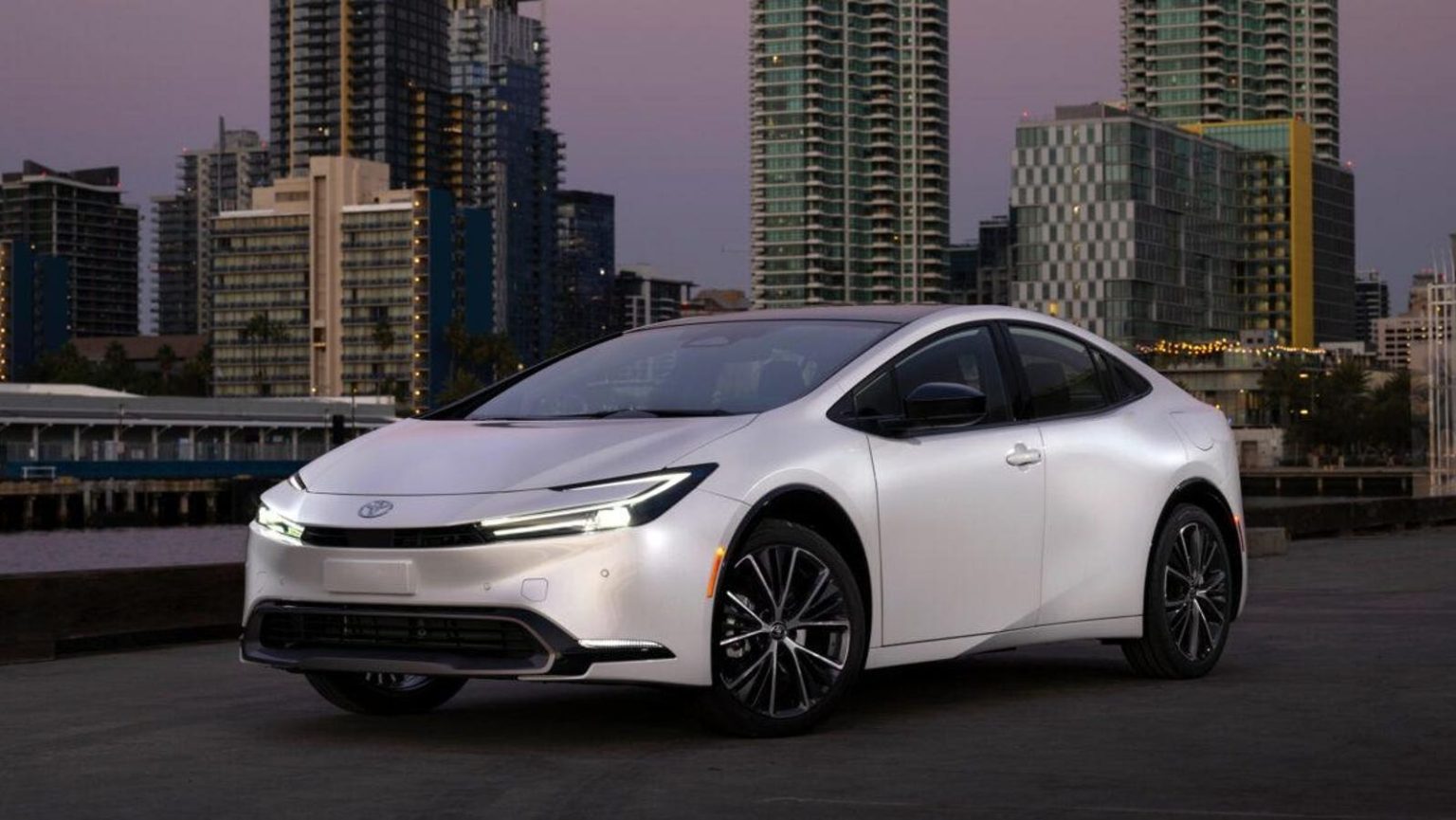The auto industry, which seemed poised for an all-electric future, saw a slowdown in the momentum of EV sales in the first quarter of 2024, with just a 2.7% increase in deliveries to customers in the U.S. Analysts are concerned that there may not be enough mainstream buyers for EVs, with most sales coming from environmentally-focused early adopters. Bad press highlighting range issues and a limited public charging network have also impacted the segment.
In contrast, sales of less expensive hybrid-powered models have been on the rise, as consumers look to save money on fuel and reduce their carbon footprints without committing to a more expensive all-electric vehicle. Toyota and Ford have seen significant increases in hybrid sales, with Toyota’s electrified fleet sales rising by 36% and Ford’s hybrid sales increasing by 42% in the first quarter of 2024. The Toyota Prius is estimated to deliver the best fuel economy among conventional gas/electric hybrid vehicles, with an EPA-rated 57 mpg in the city and 56 mpg on the highway.
Hybrid-powered vehicles use a conventional gasoline engine as the primary power source, with electric motors augmenting as needed for acceleration or fuel economy. The battery pack in hybrids is self-charging through regenerative braking, ensuring that the vehicle never needs to be plugged in. Hybrids automatically power down the engine at idle to conserve fuel, maximizing fuel efficiency. While hybrids may carry a price premium over standard-powered models, prices have been steadily decreasing, with some mainstream models now available at comparable levels.
The top 10 conventional hybrid-powered cars and SUVs for 2024 with the highest EPA fuel economy ratings and lowest starting MSRPs are listed, along with estimated annual fuel costs. Models from Toyota, Hyundai, and Kia dominate the list, with the Toyota Prius leading with an annual fuel cost of $900 and a starting MSRP of $27,950. Plug-in hybrids with larger battery packs are also available, allowing for extended electric-only driving before switching to a combination of gas and electric power. However, these models tend to be costlier than standard hybrids.
Overall, the shift towards hybrid-powered vehicles signals a growing trend in the auto industry, as consumers prioritize fuel efficiency and environmental concerns in their vehicle choices. With mainstream models now offering comparable prices to standard-powered vehicles, hybrids are becoming an attractive option for those looking to save money on fuel and reduce their carbon footprint. As advancements in hybrid technology continue, it is likely that hybrid vehicles will play a significant role in the future of the auto industry.


